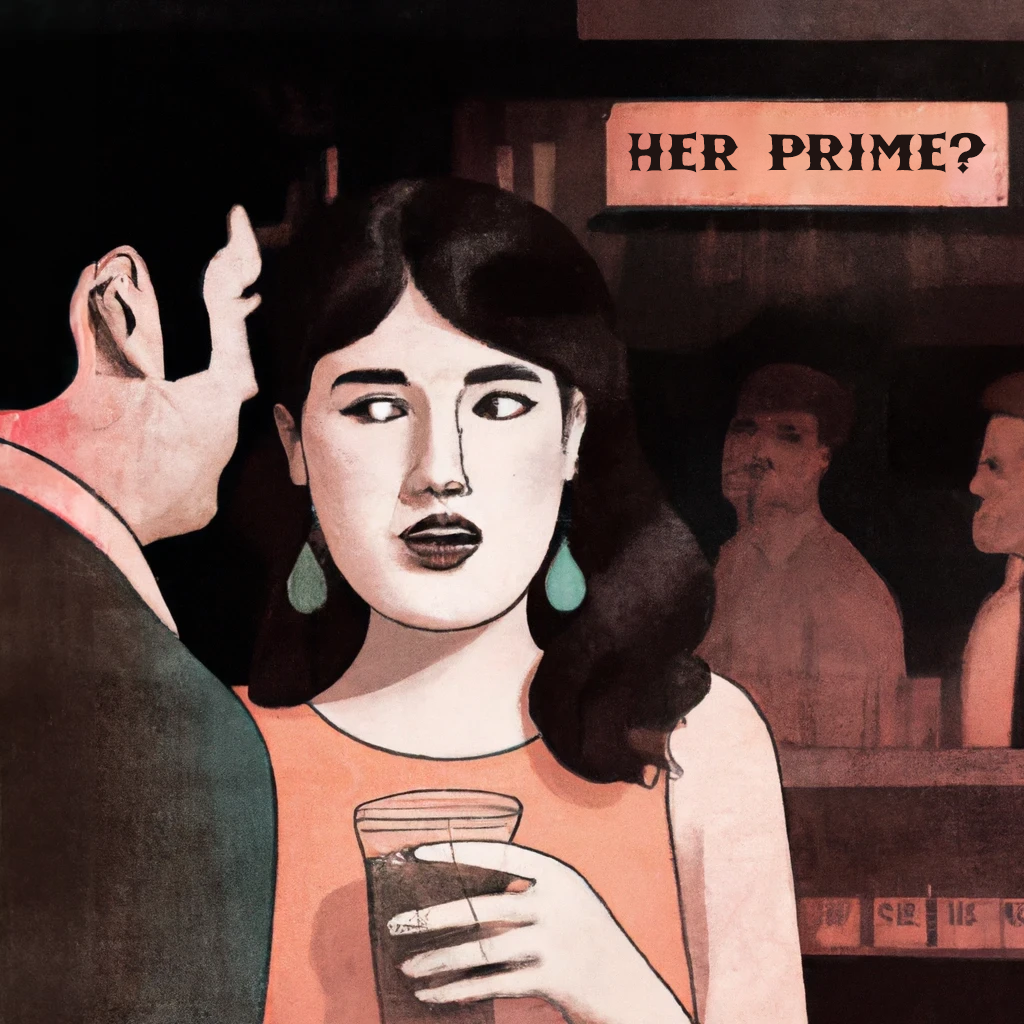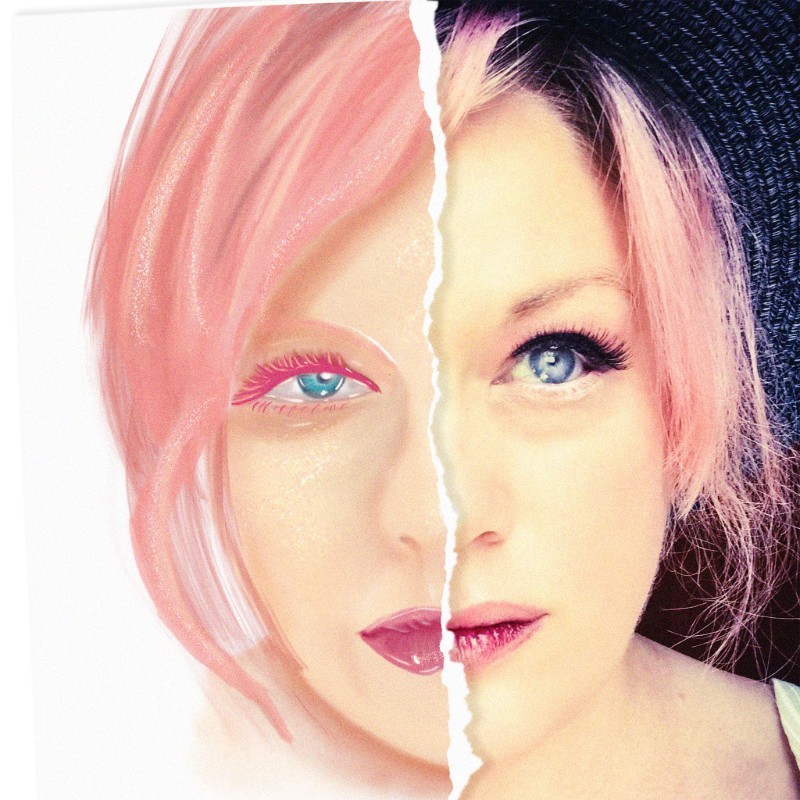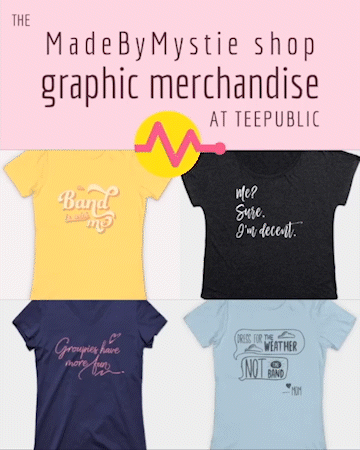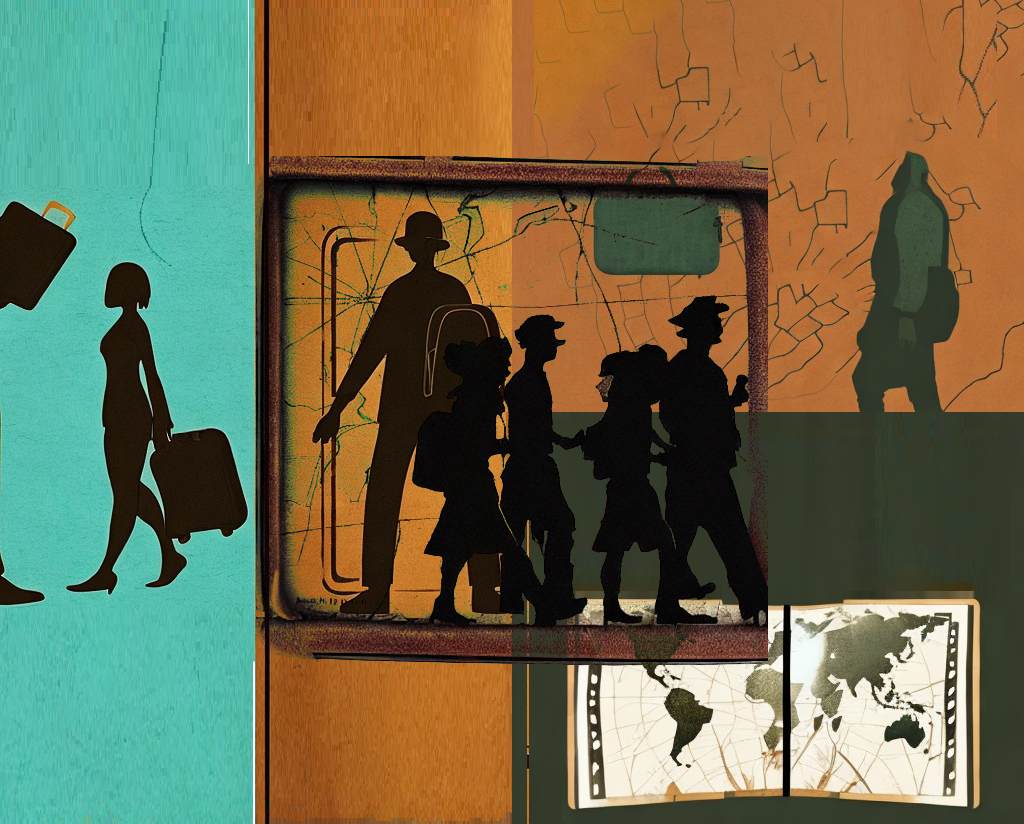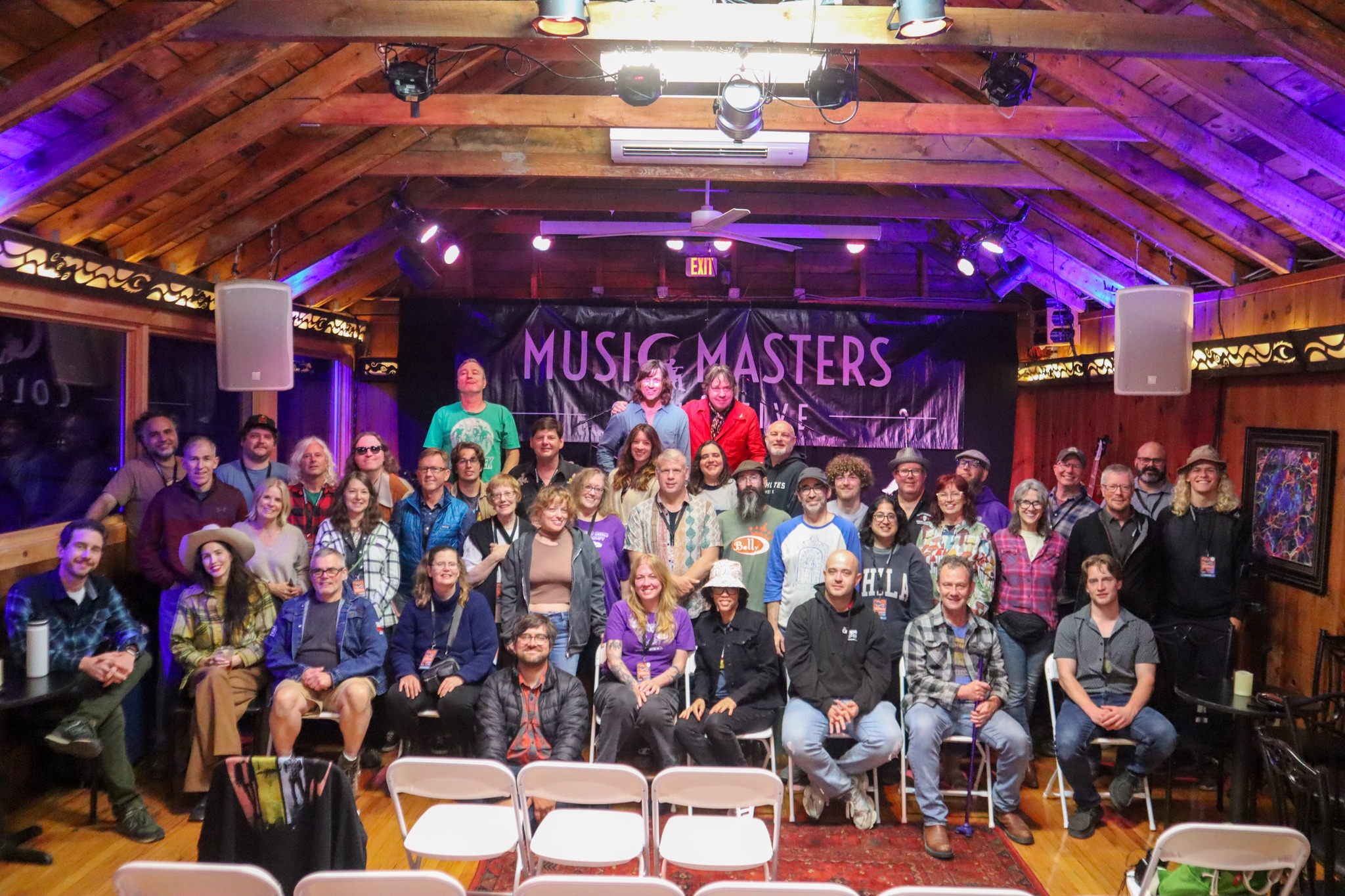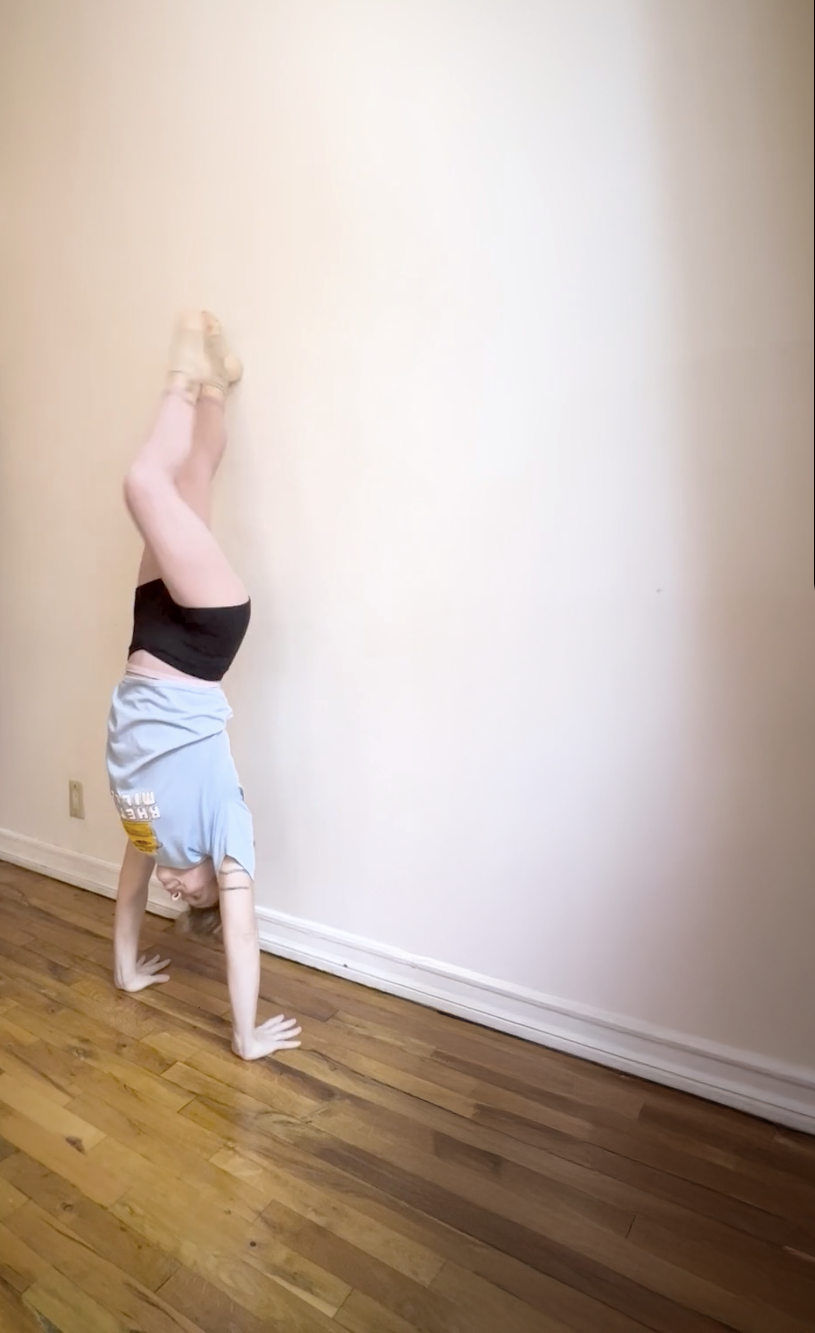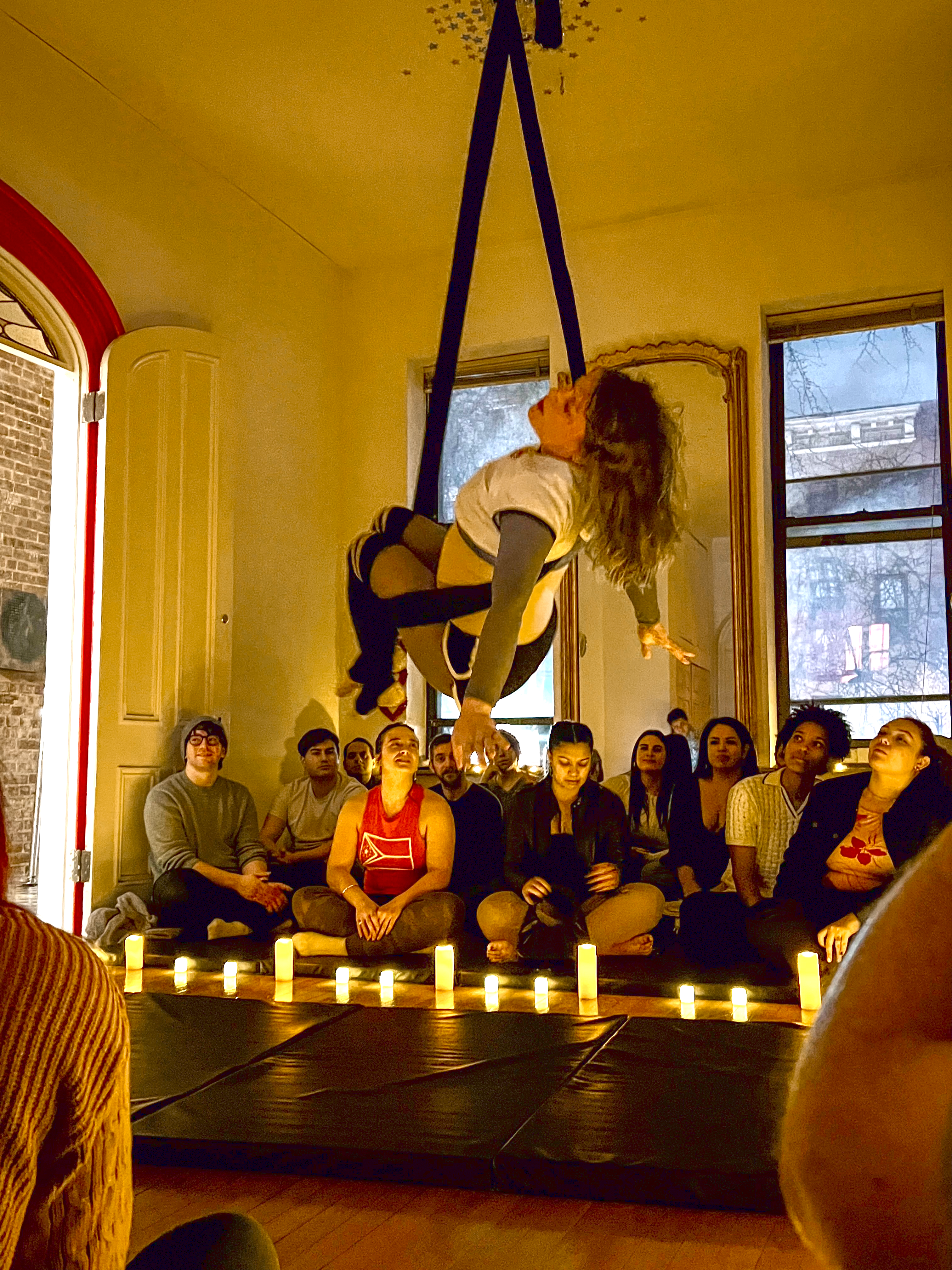The night settled in with its familiar energy as if nothing unexpected could ever happen, and I found myself at the bar in my beloved East Village haunt. The air was thick with the din of small talk, and the speakers in the corners pulsated with raucous rock and roll sounds. With my Jack and Diet in hand, I stood by the bar, taking in it all.
As I immersed myself in a carefree and effortless conversation with a few friends, a familiar voice startled me from behind. Turning around, I found myself face to face with a long-time acquaintance I had always deemed a friend. Looking back now, I can’t recall the topic of our dialogue, but it may have been a mere lighthearted, sociably flirtatious exchange—a standard nighttime greeting I never weighed deeply.
We were all laughing and smiling when he said something to the effect of, “She’s in her prime now.” It may have been, “Look at her, she’s in her prime,” but he was clearly talking about me. He looked me directly in the eyes; if I remember correctly, he likely even used my name.
I regret not responding confidently with a sharp voice and steely glare, but being taken aback left me uncertain about how to react.
The words landed on me like a crushing weight, a brutal assault on my senses that left me reeling with disbelief and bewilderment. The visceral jolt sent a shockwave of offense and irritation through my body, like an upheaval of feelings and sentiments simmering beneath my surface.
Everything else faded away, but I’m pretty sure I kept smiling—one of those defense mechanisms to help me mask my emotions and bottle up the subsurface boiling. I felt naked, stripped of my agency, robbed of my voice, and relegated to nothing more than some…thing—dehumanized and degraded with a single, simple sentence.
I regret not responding confidently with a sharp voice and steely glare, but being taken aback left me uncertain about how to react.
Instead, my thoughts spun like the straw in my drink, twirling and swirling in bitter-sweet confusion. “In her prime now.” What on earth did that mean? Did he even comprehend the weight of his words? Was he implying I looked good…for my age. Did he mean to suggest that he soon supposed I would no longer be pretty or young? And what did that even mean? Would I then be “unwanted” or unwelcome because I no longer fit someone’s inflexible definition of desirability? Were my intellect and personality not significant. Were they even considered? Was I supposed to be flattered by this seemingly backhanded comment? Was I supposed to thank him for noticing me? I felt my searing irritation increase as I realized the implication: my youth and appearance denoted most, if not all, of my worth.
Or was I overreacting? He didn’t say I was “past my prime.” Does that make it better?
As I stood there, reeling from the impact of his words, my mind scrambled to formulate a response. However, before I could even open my mouth, the conversation between my friends had already shifted to a different topic, as if nothing had just happened and his words had not left an imprint. The moment slipped away, and I lingered, diminished, defenseless, and dismissed.
The world around me seemed to shrink, and I felt like an insignificant speck amid the bustling bar. I took a shaky breath, trying to steady myself, but I could feel my shoulders hunching inwards, trying to collapse in on myself and make myself evaporate. My physical presence became a burden, a reminder that I was aging and thus losing my value.
His words pummeled me like a sledgehammer, and I questioned everything I had ever believed about myself. And as I gazed at my reflection in the mirror, I couldn’t help but wonder if he was right – if I genuinely was unpretty. Was there nothing else about me that was worth noticing or appreciating? Was I this hollow shell devoid of humanity and complexity?
Afterward, I found myself haunted by the encounter. The memory played over and over in my mind like a broken record; each iteration sent an intensifying wave of self-blame and shame crashing over me. I chastised myself for not speaking up just as much as I berated myself for allowing this man to belittle me, all the while pondering if he had indeed belittled me,
I had always looked up to him. He was popular, charismatic, and seemed to always be in the know about the most exciting things happening in the city. His opinions held weight, and his approval was highly sought after. So when he reduced me to a mere object of desire that even implied that I would pass some line of prettiness prime, it was hard not to feel the sting.
His words pummeled me like a sledgehammer, and I questioned everything I had ever believed about myself. And as I gazed at my reflection in the mirror, I couldn’t help but wonder if he was right – if I genuinely was unpretty. Was there nothing else about me that was worth noticing or appreciating? Was I this hollow shell devoid of humanity and complexity?
I didn’t mention it for a long time, hiding it in the dark recesses of my mind. The next time I heard the phrase was in a conversation with a friend’s parents. I was traveling with them to visit their daughter, and on the long car ride conversation, they had brought up the name of the man who had uttered those words. I decided to share my account with them. As I recounted the incident, I tried to appear nonchalant at all costs, suppressing the burning tears welling up in my eyes.
They listened attentively and validated my confusion and aggravation, yet we still struggled to reconcile the person we knew with his insensitive words. We made excuses for his behavior, downplaying the impact of his words. It was challenging for all of us to accept that someone we had known for years—all the positive memories and experiences—could say something insensitive.
Phrases like “in her prime now” are often used to describe a woman considered at the peak of her physical attractiveness, typically in her late 20s or early 30s. While it may seem like a harmless compliment, the societal implications of this phrase are much more insidious. It reinforces the patriarchal beauty standards that dictate a woman’s worth based on her physical appearance and youthfulness, which is inherently objectifying. Women are valued based on their ability to meet narrow beauty standards rather than their talents, intelligence, or contributions to society. This limiting view of women perpetuates harmful stereotypes and pressures for women to conform to these unrealistic and often unattainable beauty standards, leading to feelings of inadequacy and low self-esteem. Ultimately, such terminology contributes to the objectification and devaluation of women, reinforcing gender inequality and limiting the opportunities available to them.
I’ve observed how some individuals articulate themselves effectively in various situations, even if their views may be controversial or unpopular. However, I’ve never been one who can easily or quickly speak her mind without fear of repercussions. The thought of potentially making others feel bad, especially since I know how that feels, has always kept me from speaking up too often. But I also realize that biting my tongue is not the solution either. Speaking up is crucial in breaking these harmful norms and promoting a more inclusive and empowering society.
My realization took a while, but I eventually decided that recognition for my talent, ability, action, and character was more important than recognition for fleeting youth or beauty standards.
I find walking the line between speaking out and avoiding conflict precarious. I know the importance of calling out harmful behaviors and attitudes, but I also want to approach these situations with respect and consideration, especially when it involves someone I care about. I have difficulty finding my balance, but I’m learning ways to express my thoughts and opinions while valuing the relationship and the person’s feelings.
Correspondingly, recognition has always been a complex matter for me. While I’ve yearned to be acknowledged and valued, I’ve also been conscious of how easily we can be judged based on surface-level traits. While this individual may have thought his words were kind and flattering, they left me feeling the opposite.
My realization took a while, but I eventually decided that recognition for my talent, ability, action, and character was more important than recognition for fleeting youth or beauty standards.
The process certainly didn’t happen overnight, but by focusing on my talents, abilities, and character, I acknowledged that those were the things that truly made me feel special and unique. I began to appreciate my strengths and accomplishments and stopped seeking validation from others. Well…mostly.
I still struggle with insecurity and self-doubt occasionally, but I know my worth is not determined by anyone else’s opinions or standards. I am more than my appearance and worthy of respect, love, and recognition for who I am as a complex human being.
I still hear those phrases occasionally, and I still find them upsetting. But I know I’m not alone; many people feel like I do. We may not be able to change the world overnight, but we can work to make it a better place, one conversation at a time. And that is something.
